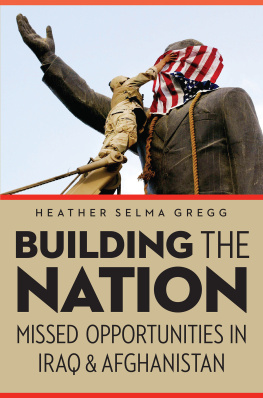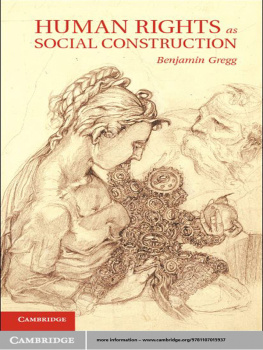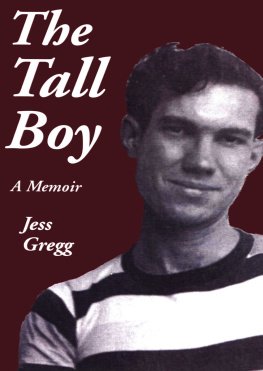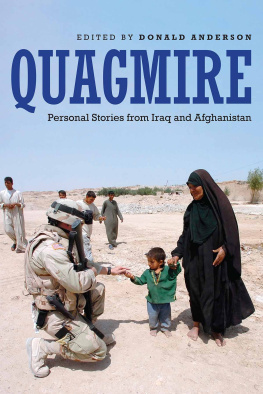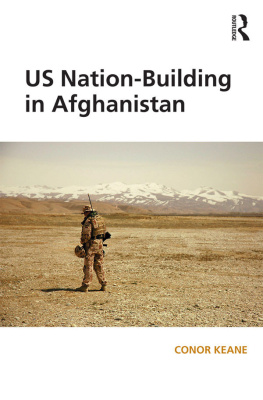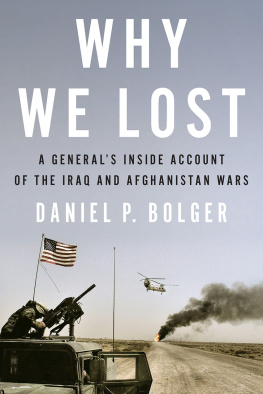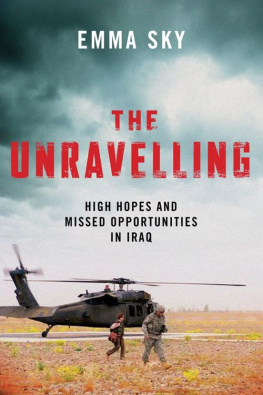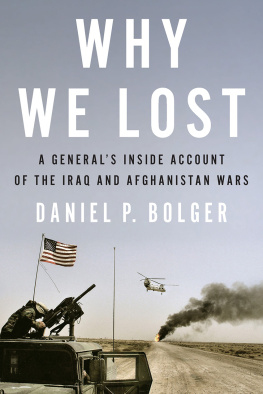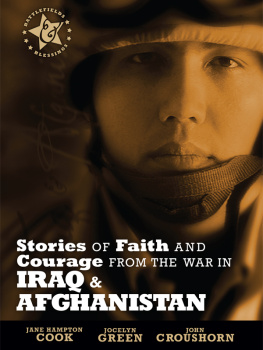Gregg - Building the Nation : Missed Opportunities in Iraq and Afghanistan.
Here you can read online Gregg - Building the Nation : Missed Opportunities in Iraq and Afghanistan. full text of the book (entire story) in english for free. Download pdf and epub, get meaning, cover and reviews about this ebook. year: 2018, publisher: Potomac Books, Incorporated, genre: Politics. Description of the work, (preface) as well as reviews are available. Best literature library LitArk.com created for fans of good reading and offers a wide selection of genres:
Romance novel
Science fiction
Adventure
Detective
Science
History
Home and family
Prose
Art
Politics
Computer
Non-fiction
Religion
Business
Children
Humor
Choose a favorite category and find really read worthwhile books. Enjoy immersion in the world of imagination, feel the emotions of the characters or learn something new for yourself, make an fascinating discovery.
- Book:Building the Nation : Missed Opportunities in Iraq and Afghanistan.
- Author:
- Publisher:Potomac Books, Incorporated
- Genre:
- Year:2018
- Rating:5 / 5
- Favourites:Add to favourites
- Your mark:
- 100
- 1
- 2
- 3
- 4
- 5
Building the Nation : Missed Opportunities in Iraq and Afghanistan.: summary, description and annotation
We offer to read an annotation, description, summary or preface (depends on what the author of the book "Building the Nation : Missed Opportunities in Iraq and Afghanistan." wrote himself). If you haven't found the necessary information about the book — write in the comments, we will try to find it.
Gregg: author's other books
Who wrote Building the Nation : Missed Opportunities in Iraq and Afghanistan.? Find out the surname, the name of the author of the book and a list of all author's works by series.
Building the Nation : Missed Opportunities in Iraq and Afghanistan. — read online for free the complete book (whole text) full work
Below is the text of the book, divided by pages. System saving the place of the last page read, allows you to conveniently read the book "Building the Nation : Missed Opportunities in Iraq and Afghanistan." online for free, without having to search again every time where you left off. Put a bookmark, and you can go to the page where you finished reading at any time.
Font size:
Interval:
Bookmark:
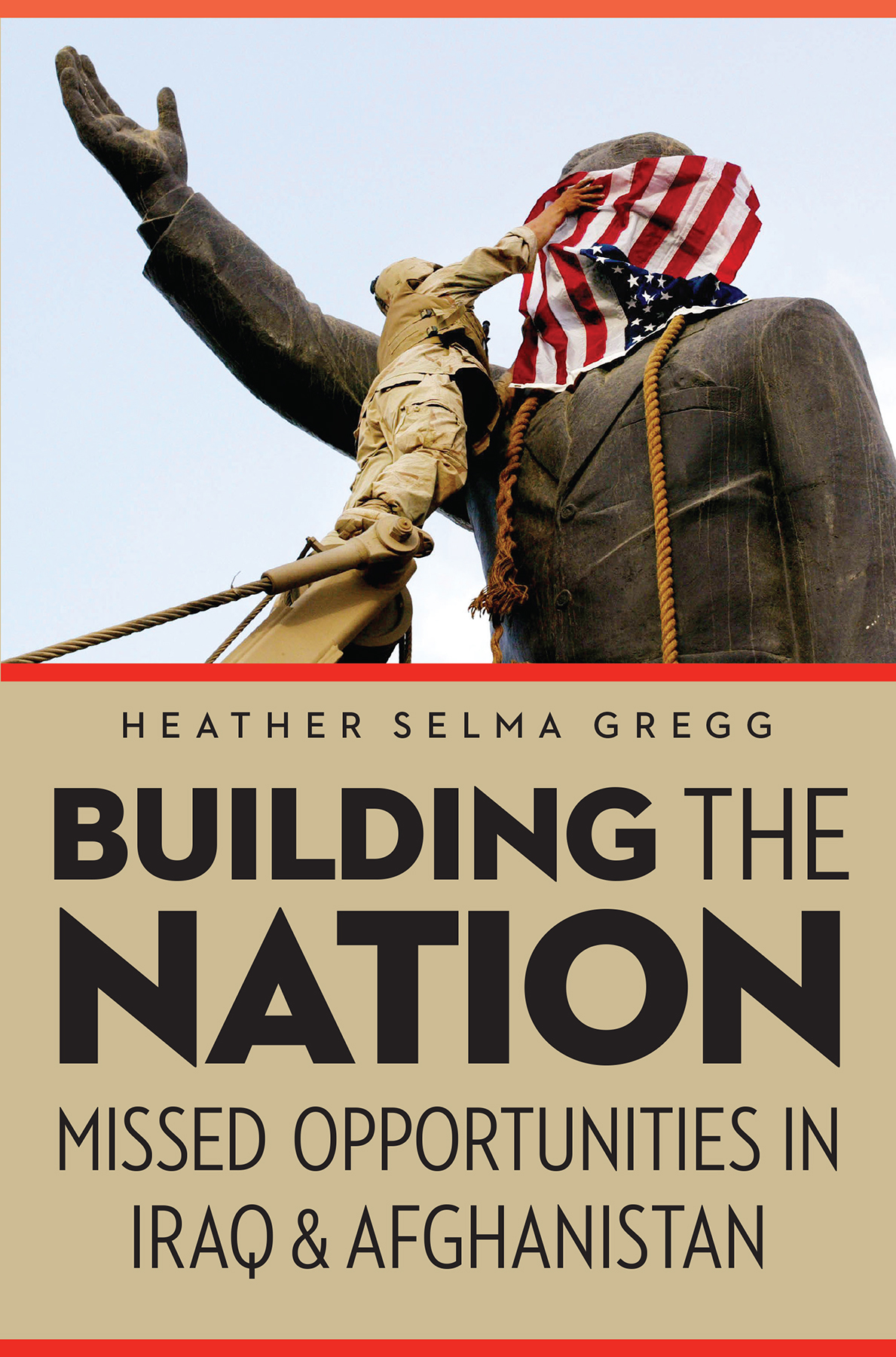
Fresh and exciting. In a time when the United States increasingly recognizes how inadequate simple theories of state stabilization and state-building are, Heather Gregg offers a powerful new model for what to do after the shooting has stopped.... Dr. Gregg lays out in very concrete ways how such an approach would transform current strategies for post-conflict stabilization and reconstruction. We who live and work in the center of the storm can only hope that her book gets studied carefully by the next generation of policy makers.
Scott Guggenheim, senior adviser, Office of the President, Islamic Republic of Afghanistan
A robust examination and defense of nation-building and its more nuanced formnational unity building. Had this dimension been appropriately addressed, we would likely not have seen the emergence of Daesh, the collapse of the Iraqi state, and the perils of the new Afghan government.
Clare Lockhart, director and co-founder of the Institute for State Effectiveness and senior fellow at the Yale Jackson Institute for Global Affairs
A highly informed and sophisticated analysis of what it takes to engage in state-building and in nation-building. If it can be done at all, this book shows the ways.
Amitai Etzioni, author of Security First and From Empire to Community
Heather Selma Gregg
Potomac Books
An imprint of the University of Nebraska Press
2018 by Heather Selma Gregg
Potomac Books is an imprint of the University of Nebraska Press.
Cover designed by University of Nebraska Press; cover image Trinity Mirror/Mirrorpix/Alamy.
Author photo by Todd Davalos/ FXBC .
All rights reserved.
Library of Congress Cataloging-in-Publication Data
Names: Gregg, Heather S., author.
Title: Building the nation: missed opportunities in Iraq and Afghanistan / Heather Selma Gregg.
Description: Lincoln: Potomac Books, an imprint of the University of Nebraska Press, 2018. | Includes bibliographical references and index.
Identifiers: LCCN 2018006593
ISBN 9781640120877 (cloth: alk. paper)
ISBN 9781640121386 (epub)
ISBN 9781640121393 (mobi)
ISBN 9781640121409 (pdf)
Subjects: LCSH : Nation-buildingIraq. | Postwar reconstructionIraq. | IraqPolitics and government2003 | Nation-buildingAfghanistan. | Postwar reconstructionAfghanistan. | AfghanistanPolitics and government2001 | IraqForeign relationsUnited States. | United StatesForeign relationsIraq. | AfghanistanForeign relationsUnited States. | United StatesForeign relationsAfghanistan.
Classification: LCC DS 79.769 . G 74 2018 | DDC 956.7044/31dc23 LC record available at https://lccn.loc.gov/2018006593.
The publisher does not have any control over and does not assume any responsibility for author or third-party websites or their content.
For my students at the Naval Postgraduate School.
Thank you for all that you have taught me.
And in memory of U.S. Army Lieutenant Colonel Todd Clark,
and U.S. Army Major Benny Romero.
On June 5, 2014, the Islamic State in Iraq and Levant ( ISIL ) launched a major offensive into Iraq from neighboring Syria and captured Samarra, Mosul, and Tikrit within a matter of days. As ISIL forces advanced into the country, Iraqi security forces shed their uniforms and fled by the thousands; those who did not escape were lined up and executed. The Iraqi government attempted to declare a state of emergency on June 10, but the parliament, with active dissent from Kurds and Sunnis, blocked the Shia-dominated executive branch from taking action and eventually forced the prime minster to resign.
On June 29 ISIL declared a caliphate in the territory it held in Syria and Iraq, allowing the leadership to impose what they claimed was the most complete and perfect form of Sharia law on the planet. Morality police, the Hizbah, began enforcing strict dress codes for women and men, outlawing smoking, and punishing the population for a range of minor offenses. ISIL forces slaughtered Shias by the thousands, accusing them of being apostates. They also killed Yazidis, Christians, Sufis (mystical Muslims), and Sunnis who did not adhere to their radical form of Salafi Islam. In addition to imposing its interpretation of sharia, ISIL also began taxing the population and providing basic resources, including food, road improvements, and electricity.
Despite ISIL s brutality Iraqs Sunni population largely welcomed its rapid advance into the country, and local Sunnis were photographed cheering its arrival into Mosul, Tikrit, and other cities. Moreover, the firebrand image of ISIL attracted tens of thousands of foreign fighters to Syria and Iraq with the hopes of living under perfect sharia, waging jihad, and becoming part of a historically transformative movement. In addition to individuals backing ISIL , Islamic movements in Libya, Egypt, Afghanistan, the Philippines, and Nigeria all pledged the bayat (oath of fealty) to the Islamic State, recognizing it as the caliphate.
The rapid advance of ISIL , the collapse of the Iraqi government and dissolution of its armed forces, along with the tacit and active support of its Sunni population, unequivocally revealed the failure of U.S.-led efforts to nation build in Iraq following the overthrow of Saddam Hussein in 2003. This strategy of nation-building included creating a stable democracy in Iraq that would be both domestically and internationally responsible, developing a functioning economy based largely on its oil production, establishing responsible and competent security forces, and providing key social services to keep the population loyal and happy to its government. Clearly, something went wrong in the U.S.-led efforts to build the Iraqi state after ousting Saddam Hussein.
In essence ISIL created a direct challenge to U.S.-led efforts to state build in Iraq and the Western state system more broadly, ignoring internationally recognized borders and offering an alternative to liberal democracy, freedom of religion and speech, and equality of citizens. Moreover, ISIL provided an identity, a sense of common purpose and destiny rooted in perceptions of divine justice and claims of the true path of Islam.
Anthropologist Scott Atran, in a 2015 testimony before the UN Security Council, called ISIL and groups like it the worlds most dynamic countercultural movement, one whose values run counter to the nation-state system.
Atrans comments suggest that the U.S. approach did little to inspire the population, particular the youth, and to give them a vision for their lives, a sense of purpose, and a vested interest in the destiny of the country. Rather, the U.S. approach focused on developing the structure of the state and, by building the trappings of a state, the population would have its most basic needs met, would be allowed to choose its government, and would be peaceful with one another and loyal to the state. The appeal of ISIL suggests that something is missing from these basic provisions.
A similarly troubling trajectory is visible in Afghanistan, where the United States began its nation-building efforts in the wake of the September 11 attacks on the U.S. homeland. The United States invaded Afghanistan with the aim of deposing the Taliban and denying al-Qaeda and other transnational terrorists a safe haven from which to plan and execute operations. Although U.S. forces failed to capture Osama bin Laden, Mullah Omar, and other key leaders, the Taliban government was toppled in a matter of weeks. However, what began as a military campaign with specific goals quickly morphed into a massive state-building effort. A December 2001 meeting of Afghans and international leaders in Bonn, Germanyfollowed by a massive donors conference in Tokyo, Japan a month lateraimed to transform the country from one of the poorest and least developed to a modern democratic state with complementary social, political, legal, security, and economic institutions. However, despite billions invested in these efforts and thousands of U.S. and NATO troops lives lost along with countless civilian casualties, Afghanistan still faces insurgent threats from the Taliban and other groups, a fragile government, widespread poverty, and a booming illicit opium industry.
Next pageFont size:
Interval:
Bookmark:
Similar books «Building the Nation : Missed Opportunities in Iraq and Afghanistan.»
Look at similar books to Building the Nation : Missed Opportunities in Iraq and Afghanistan.. We have selected literature similar in name and meaning in the hope of providing readers with more options to find new, interesting, not yet read works.
Discussion, reviews of the book Building the Nation : Missed Opportunities in Iraq and Afghanistan. and just readers' own opinions. Leave your comments, write what you think about the work, its meaning or the main characters. Specify what exactly you liked and what you didn't like, and why you think so.

